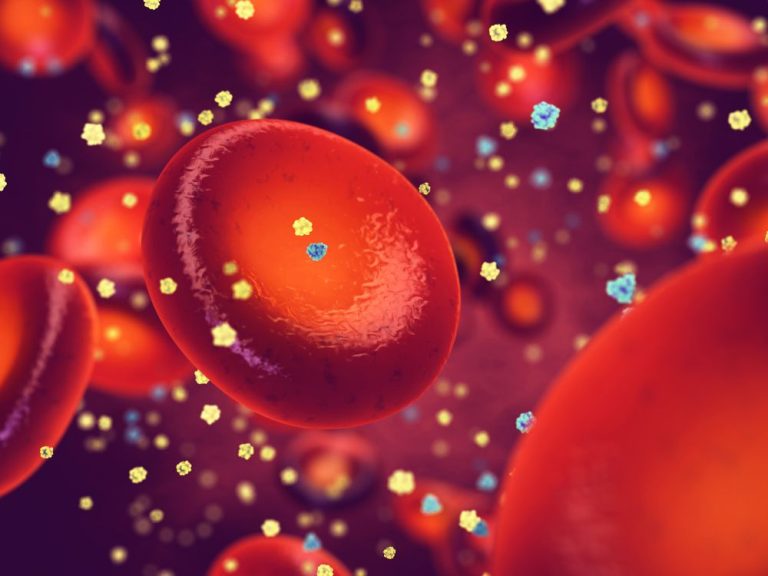Health experts in the field of blood medicine have warned Nigerians to be careful about adverts promoting “blood tonics.” They said most of the claims made in these adverts are misleading.
The specialists explained that the term “blood tonic” has no place in medical science. Instead, they described it as a marketing trick used by product sellers to convince people to buy their goods.
Doctors from the University of Lagos said many of the claims about blood tonics are based on misinformation. They advised people who often feel tired to first go for medical tests. According to them, tiredness may not be caused by blood shortage, so taking a blood tonic may not help and could even be harmful.
The Mayo Clinic explains that lack of iron can cause unusual tiredness, shortness of breath, poor physical performance, and learning difficulties in children and adults. It can also increase the risk of infections.
Iron is a key mineral the body needs to make red blood cells. Without enough iron, the body cannot produce healthy red blood cells. This leads to a condition called iron deficiency or iron deficiency anemia.
Doctors with over 30 years of experience also warned against abusing vitamin and mineral supplements, especially those that contain iron. While vitamins are not harmful by themselves, too much iron can damage the body, speed up aging, and cause other health problems.
They stressed that only a doctor should prescribe vitamins or minerals, and this should be done after tests confirm which nutrients the patient lacks.
Professor Sulaimon Akanmu, a blood expert at the University of Lagos, listed three main causes of anemia: heavy bleeding, short lifespan of red blood cells, and bone marrow problems. He added that eating poor diets, injuries, surgeries, and diseases such as cancer, diabetes, or kidney disease can also increase the risk.
He said iron deficiency is the most common cause of anemia worldwide, including in Nigeria. But he emphasized that using the word “blood tonic” is wrong because it gives people the impression that one medicine can “boost” blood, which is not true.
According to him, people should only take vitamins or minerals they are truly lacking. Otherwise, they are simply wasting money on products that may not help them.
He also explained that tiredness can come from many causes, including overwork, infections like malaria, or serious illnesses such as liver or kidney disease. He warned that assuming all tiredness is caused by blood shortage is misinformation.
Professor Akanmu concluded that while vitamins help the body’s enzymes work properly, there is nothing like a medicine that “tones” the blood. The idea of “blood tonic,” he said, is misleading and should be discouraged.
Supporting this view, Professor Edamisan Temiye, a children’s blood and cancer specialist at LUTH, said doctors do not prescribe blood tonics because they do not exist in proper medical practice.
He explained that if a patient has low blood levels, doctors must first find the cause. For example, malaria can reduce blood levels, while in cancer patients, taking so-called blood tonics can even be dangerous.
“No qualified doctor will prescribe blood tonic,” Prof. Temiye said. “If someone has low blood, the cause must be identified and treated, not covered up with false remedies.”


